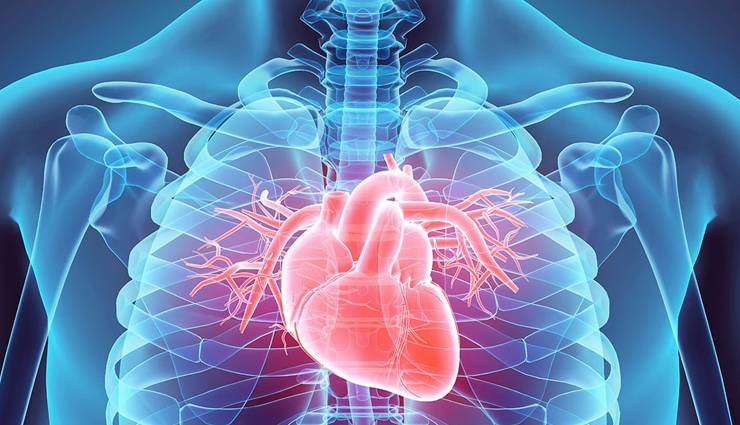10 Amazing Health Benefits of Black Beans

Black beans hold cultural significance in many cuisines. For example, in Latin American cuisine, they are a key component of dishes like Cuban black beans and rice, Brazilian feijoada, and Mexican black bean soup. These dishes showcase the beans' adaptability and ability to absorb flavors.
Due to their nutrient profile, black beans offer various health benefits. The fiber content promotes digestive health, helps stabilize blood sugar levels, and contributes to a feeling of fullness. The protein content makes them an excellent plant-based protein source, especially for individuals following vegetarian or vegan diets. Black beans are available in various forms, including dried, canned, and sometimes frozen. Dried black beans require soaking before cooking, while canned beans offer convenience as they are pre-cooked. Properly cooked black beans have a tender texture and a slightly earthy, nutty flavor.# Rich in Fiber
Black beans are an excellent source of dietary fiber, which is essential for digestive health. Adequate fiber intake can help prevent constipation, promote regular bowel movements, and support a healthy digestive system.# High in Protein
Black beans provide a substantial amount of plant-based protein. Protein is crucial for the body's growth, repair, and maintenance of tissues. Including black beans in your diet can be particularly beneficial for individuals following vegetarian or vegan diets.

The fiber, potassium, and folate content in black beans contribute to heart health. Dietary fiber helps lower cholesterol levels, while potassium and folate support the maintenance of healthy blood pressure, reducing the risk of cardiovascular diseases.
The complex carbohydrates and fiber in black beans contribute to stable blood sugar levels. This can be especially beneficial for individuals with diabetes or those at risk of developing diabetes.
Black beans contain various antioxidants, including anthocyanins, which have anti-inflammatory properties. Antioxidants help neutralize free radicals in the body, potentially reducing the risk of chronic diseases.
The combination of fiber and protein in black beans promotes a feeling of fullness and satiety. Including black beans in your meals can help control appetite and contribute to weight management.
Black beans are a good source of minerals such as magnesium and calcium, which are essential for maintaining strong and healthy bones. Adequate intake of these minerals may contribute to preventing conditions like osteoporosis.
While plant-based iron (non-heme iron) is not as easily absorbed by the body as animal-based iron (heme iron), consuming black beans with vitamin C-rich foods can enhance iron absorption. This is important for individuals, especially vegetarians, who may be at risk of iron deficiency.
The vitamins and minerals in black beans, such as vitamin A, contribute to maintaining healthy skin. Vitamin A is essential for skin cell regeneration and can help promote a youthful complexion.
Some studies suggest that the antioxidants and phytochemicals present in black beans may have anti-cancer properties. These compounds help combat oxidative stress and inflammation, both of which are linked to the development of certain cancers.